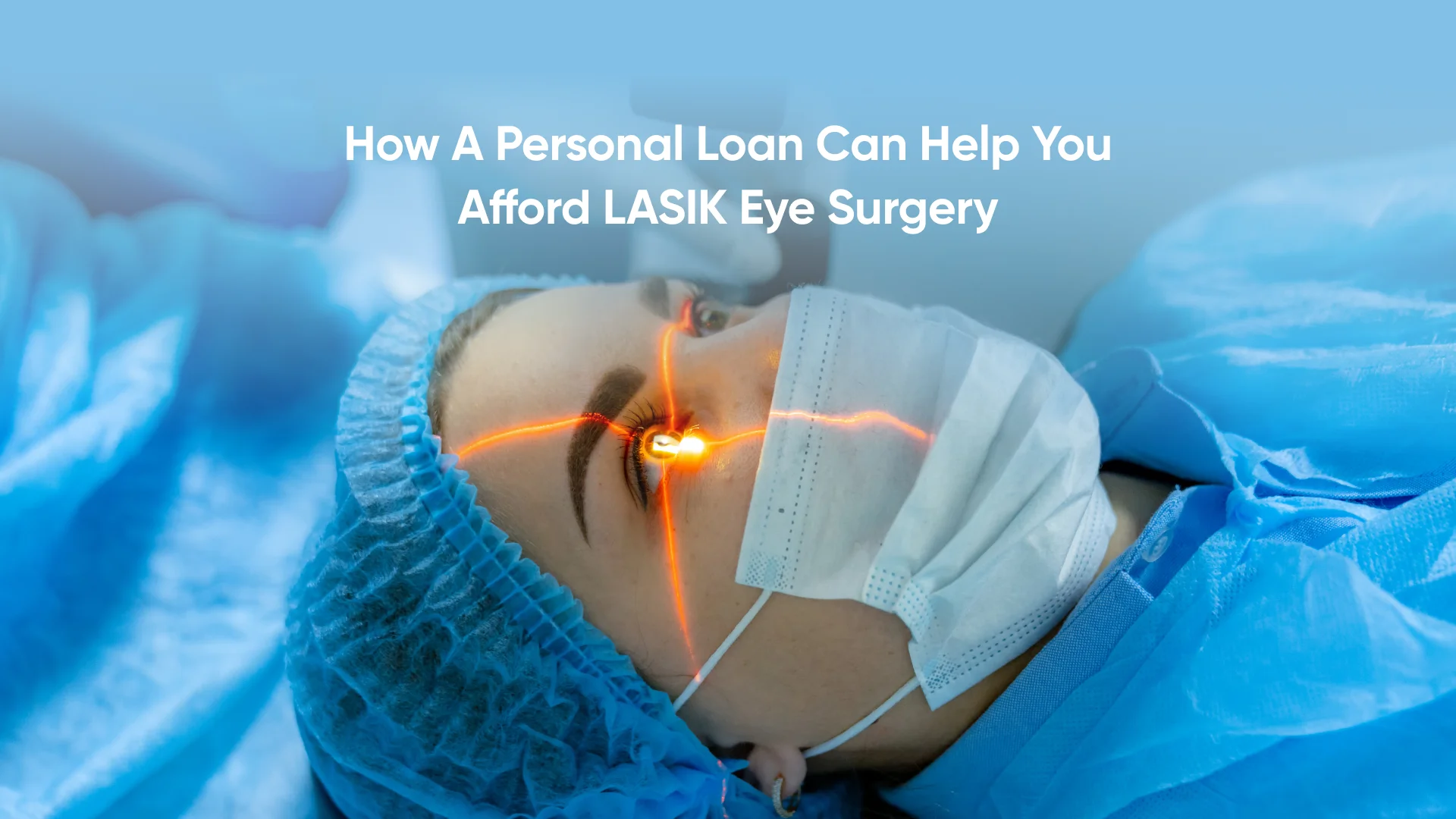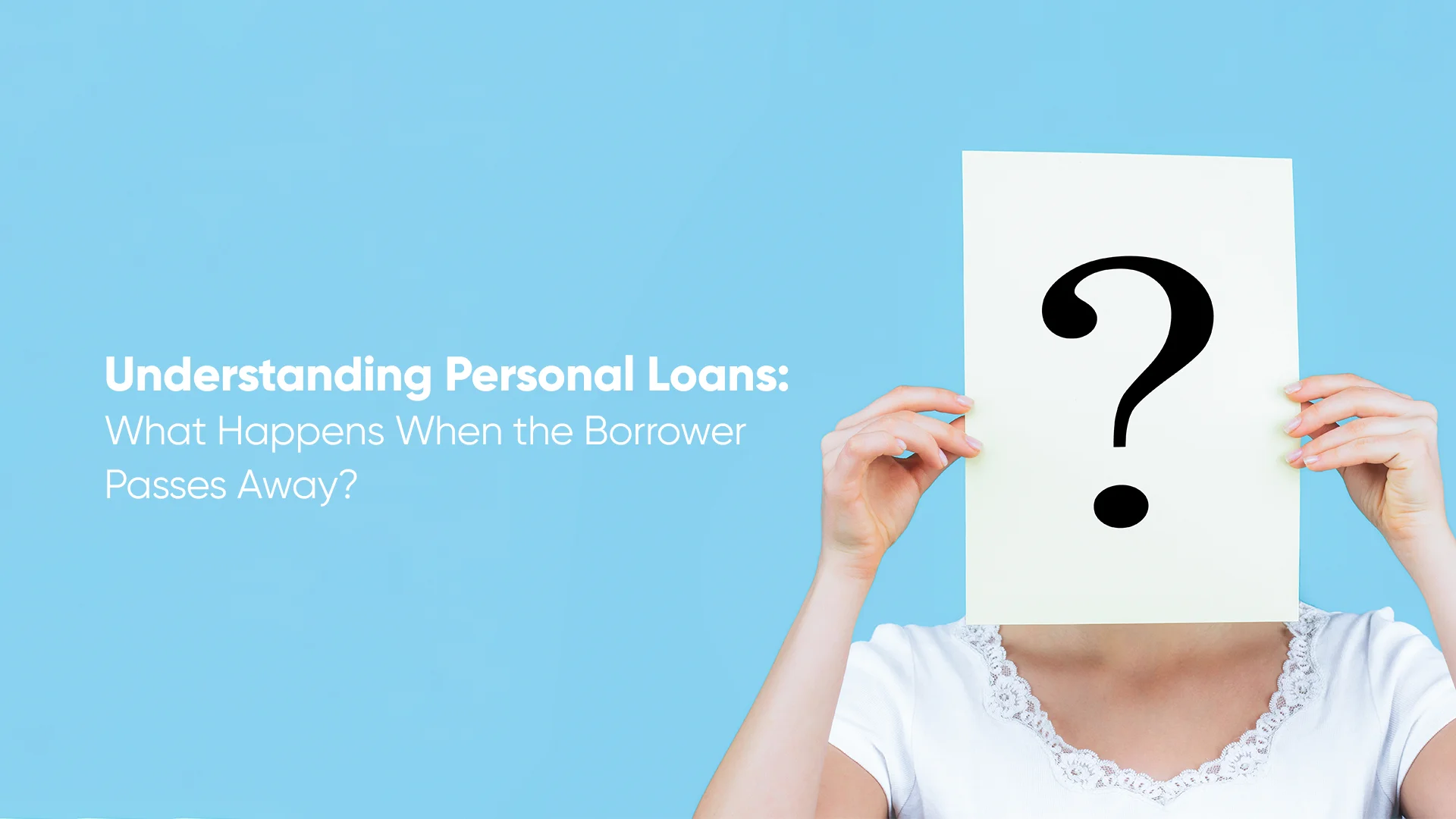Everything You Need To Know About Interest-Free Loan

While the idea of free loans or no interest loans may sound enticing, it’s essential to understand their mechanics, benefits, and potential pitfalls. These loans without interest, also known as zero interest loans or 0 interest loans, offer the unique advantage of borrowing money without the added burden of paying interest over time.
These loans without interest can be a boon for borrowers who need short-term financial assistance without the worry of accruing interest. However, like any financial product, it’s important to carefully check the terms and conditions of zero interest loans to make sure they match your financial goals and don’t have any hidden costs.
Table of Contents
ToggleWhat is an Interest Free Loan?
An interest free loan is a type of personal loan where the borrower is required to repay only the principal amount, with no additional interest charges. The key appeal of zero interest loans lies in their cost-effectiveness, as borrowers can avoid the extra costs associated with traditional loans that accumulate interest over time. However, it’s important to note that while zero interest loans eliminate interest costs, they may still include other fees or charges.
Also Read: Personal Loan Interest Rates & Charges
How Interest-Free Loans Work?
Interest free loans work by allowing borrowers to access funds without the obligation to pay any interest on the borrowed amount. Typically, these loans without interest require the borrower to repay only the principal amount within their loan tenure. They are often used as promotional tools by financial institutions to attract customers. Zero interest loans are attractive because they don’t have interest charges, but they often have strict repayment rules. If you don’t follow these rules, you might face penalties or be charged interest later on.
What is the Eligibility for Interest Free Loan?
Eligibility for an interest-free loan typically varies depending on the lender, but there are common criteria that applicants must meet.
Credit Score: A good credit score is often required for interest-free loans, as it indicates the borrower’s creditworthiness and likelihood of repaying the loan on time.
Income Stability: Stable and sufficient income is crucial to ensure that the borrower can repay the personal loan. Lenders will assess income levels and consistency to determine eligibility for zero interest loans.
Specific Financial Products: Eligibility might be linked to the purchase of specific products or services, especially in promotional 0 interest loans offered by retailers or manufacturers.
Time-limited Offers: Often, interest-free loans are available for a limited time, so eligibility is also tied to the timing of the application.
Purpose of Loan: Some no interest loans may have restrictions on the use of the loan amount, limiting it to specific purposes like education, medical expenses, or purchasing particular items.
What are the Advantages of Loan without Interest?
The primary advantage of a loan without interest is the significant cost saving, as borrowers are not required to pay any additional money over the principal amount. This feature makes these interest-free loans particularly attractive for short-term financial needs where avoiding extra costs is essential.
Reduced Overall Cost: Interest-free loans significantly lower the total amount you need to repay, making them more affordable than traditional loans with interest.
Easier Budget Management: With zero interest loans, repayments are more predictable and easier to manage within a budget,Promotional Offers and Incentives: 0 interest loans are often part of promotional offers, allowing borrowers to make larger purchases, like electronics or appliances, more affordably.
Useful for Emergency Expenses: For urgent financial needs, free loans provide an immediate solution without the burden of accruing interest.
Also Read: What is an Instant Loan? What are the Benefits?
What are the Disadvantages of Loan without Interest?
The primary disadvantage of a loan without interest is that they often come with strict repayment terms, and any failure to adhere to these terms can result in hefty penalties. While interest-free loans provide initial financial relief, they can lead to financial strain if not managed properly.
Short Repayment Periods: Interest-free loans typically have shorter repayment periods, which can be challenging for borrowers to meet, leading to potential financial strain.
Hidden Fees: Some zero interest loans may include hidden fees or charges, which could offset the benefits of not paying interest.
Limited Availability: These types of free loans are often available as promotional offers or under specific conditions, limiting their accessibility to a wider audience.
Strict Eligibility Criteria: Obtaining a loan without interest often requires meeting stringent eligibility criteria, including a high credit score and stable income, which may not be feasible for all borrowers.
Risk of Debt Accumulation: If not managed wisely, borrowers can accumulate debt, especially if they take multiple 0 interest loans without a solid plan for repayment.
Also Read: Consolidate your Debt with Personal Loan
How Much Credit Score Do I Need to Avail Interest Free Loan?
To avail an interest-free loan, typically a high credit score, usually above 750, is required. Lenders view a high credit score as an indication of good financial behavior and creditworthiness, making it a critical factor in approving loans without interest. While the exact credit score to be eligible can vary depending on the lender, maintaining a score in the higher range significantly increases your chances of qualifying for zero interest loans.
Conclusion
In conclusion, while interest-free loans offer the enticing prospect of borrowing money without the added burden of interest, they come with their own set of conditions and requirements. These loans without interest are ideal for those with high credit scores and the ability to meet strict repayment schedules. However, it’s crucial to consider potential hidden fees and the specific purposes for which these loans are offered. Understanding all aspects of interest-free loans, including their advantages, limitations, and eligibility criteria, is key to making an informed financial decision that aligns with your needs and capabilities.
Frequently Asked Questions
Can I Get A Loan With Zero Interest?
Yes, you can get a loan with zero interest, especially through promotional offers from financial institutions or specific employer-based programs, provided you meet their eligibility criteria.
Which Is The Best Loan With Low Interest?
Yes, you can get a loan with zero interest, especially through promotional offers from financial institutions or specific employer-based programs, provided you meet their eligibility criteria.
Which Is The Best Loan With Low Interest?
The best loan with low interest varies based on individual needs and the lender they choose. If you have a good credit score, clean repayment history and a stable income, you will automatically get the best loan with low interest.
How Can I Qualify For An Interest-Free Loan?
To qualify for an interest-free loan, you typically need a high credit score, stable income, and the ability to adhere to the lender’s specific terms and conditions.
Are Interest-Free Loans Only For Specific Purposes, Like Education Or Housing?
While some interest-free loans are designed for specific purposes like education or housing, others are more flexible and can be used for various needs, including consumer purchases or short-term financial requirements.
Can Businesses Or Startups Obtain Interest-Free Loans?
Businesses or startups may obtain interest-free loans through specific lenders or other government programs, grants, initiatives designed to support entrepreneurship and innovation.
What Is The Repayment Structure For Interest-Free Loans?
The repayment structure for interest-free loans usually involves paying back the principal amount within a specified period, often with strict adherence to the repayment schedule to avoid penalties.
Do Interest-Free Loans Have Any Fees Or Charges?
Some interest-free loans may include hidden fees or charges, such as processing fees or late payment penalties, despite not charging interest.
Are There Any Risks Associated With Interest-Free Loans?
Risks associated with interest-free loans include strict repayment terms, potential hidden fees, and the possibility of accruing high costs if repayment schedules are not met.
What Are The Alternatives To Interest-Free Loans For Low-Interest Options?
Alternatives to interest-free loans include secured loans, or loans with co-signers, which typically offer lower interest rates.But if you improve your credit score and repayment history you can easily avail loans with low interest.
Are Interest-Free Loans Available For Emergency Situations?
Interest-free loans may be available for emergency situations. This could be through government or community-based programs designed to assist in urgent financial needs.
YOU MAY ALSO LIKE


Search by posts
Recent post
Categories
- Blog (6)
- Credit History (37)
- Credit Line (7)
- Festive (4)
- Finance (15)
- Mutual Fund (19)
- Personal Loan (297)
- Tax (8)
- Zype (4)












